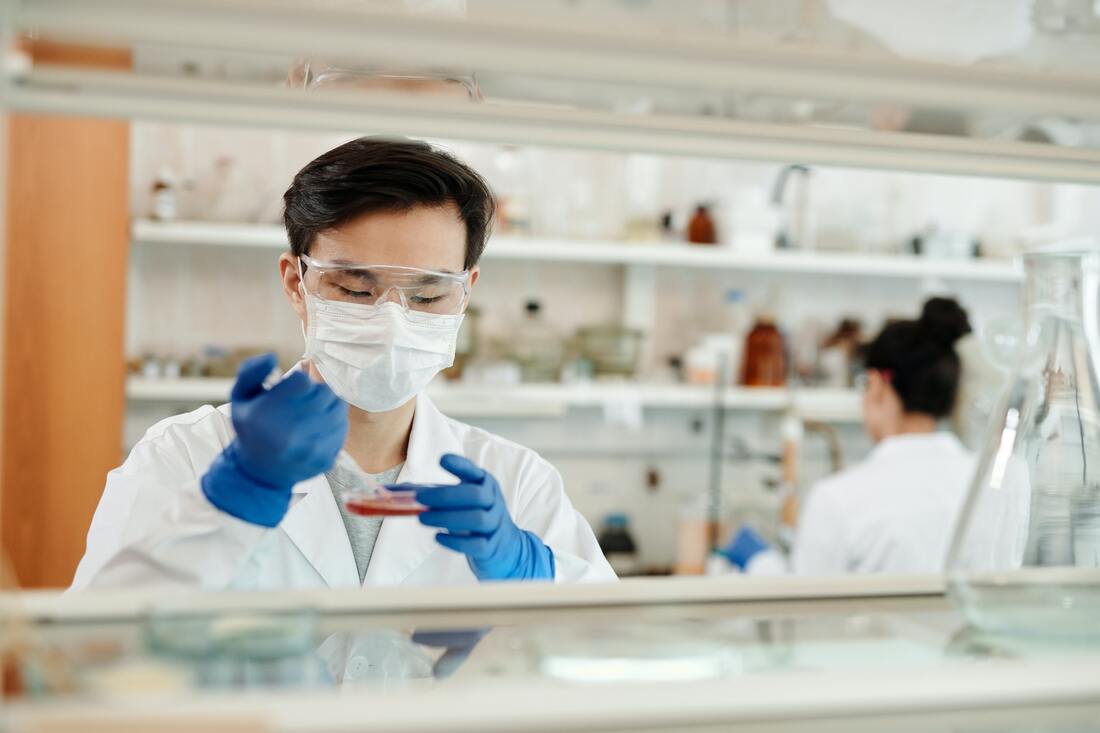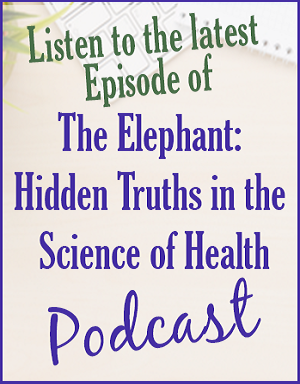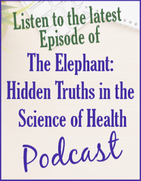Larry A. Law
Cultured Chicken Created in a Steel Tank
Currently, two cell-based, lab-grown meat companies are approved by U.S. regulators to produce and sell fake chicken in the U.S. Upside Foods (previously Memphis Meats) and Eat Just (selling under the brand name Good Meat) both received approval from the Food and Drug Administration (FDA) that their products are safe to eat. This meat is not made from plant protein like some hamburgers are. Food scientists use cells that come from a living animal, a fertilized egg or a special bank of stored cells. These cells are grown in steel vats drenched in various broth-like chemical solutions which include amino acids, fatty acids, sugars, salts, vitamins, and other elements cells need to grow. The tanks, called cultivators, have muscle and connective tissue cells which grow for three weeks, forming large sheets. After being subjected to alternating laboratory cultivation techniques and emerging in these large sheets, the meat-like substance is formed into shapes resembling chicken cutlets and sausages. The British Food Standards Agency (FSA) documented concerns about the "several stages of development for producing cultured meat and ... the different chemicals, biologics, media formulations, additives, and supplements used." They noted that hazards included the use of antibiotics, fungicides and/or chemicals toxic to humans, consumption of viruses used in the manufacturing process, cross-contamination of one cell line into another due to concomitant use of multiple cell lines, new diseases and/or allergic reactions to new proteins due to using cell lines of animals not common in the local diet, poor maintenance of equipment, poor cleaning regimes, and incorrect storage of cells, to name just a few of the concerns.
Ultraprocessed, Unsustainable Fake Foods
Synthetic meat is the summit of ultraprocessed, fake food. "Ultraprocessed foods already count for up to one-third of the total diet-related greenhouse gas emissions. So, the obvious question would be: how is expanding the manufacturing and consumption of even more ultraprocessed foods going to lower greenhouse gas emissions?" In addition, it seems naive to think there won't be any further ill health effects from eating more ultraprocessed junk foods. As noted in the September 25, 2022 Journal of Cleaner Production, "Ultraprocessed foods are fundamentally unsustainable products; they have been associated with poor health and social outcomes and require finite environmental resources for their production ... are responsible for significant diet-related energy, and greenhouse gas emissions." Despite the marketing hype, this is not a beneficial approach to feeding the world's population.
Lab-Grown, Cell-Based Seafood
In my book, on page 25, I documented the FDA's short-sighted, no-testing approval on November 19, 2015 of GMO/bioengineered salmon for sale in the U.S. This synthetic superfish grows to market size in only 16 months compared to the normal 36 months for a natural Atlantic salmon because it is genetically made to grow twice as a fast. I documented the potential disease risks associated with the bioengineered genetic promoter which forces the growth hormone to run all the time. I described how the internal metabolic stress had the potential to turn on deadly, dormant viruses in a similar way to how the chicken-pox virus becomes activated by stress and causes the painful malady of shingles in humans. Scientists cannot even begin to understand the myriad ramifications of money-inspired meddling on our food supply when they tinker with nature's time-tested design. Lab-grown seafood has not been approved for sale yet but it is pitched as a way to avoid mercury and other pollution in our fish. While this is a laudible goal, it might prove easier to clean up mercury from our waterways in the same way the Hudson River waterway was cleaned up, rather than ignoring the problem and seeking an artificial way around it. Significant long-term testing needs to be in place any time we alter the food we eat. Unfortunately, political pressure ensures safeguards are not in place. Therefore, it is much better and safer to eat naturally grown food than risk these untested, laboratory solutions until they can be adequately tested and verified as safe.
0 Comments
Leave a Reply. |
BlogArchives
July 2024
Categories
All
|
© Angie's Option GRM. All rights reserved.








 RSS Feed
RSS Feed

